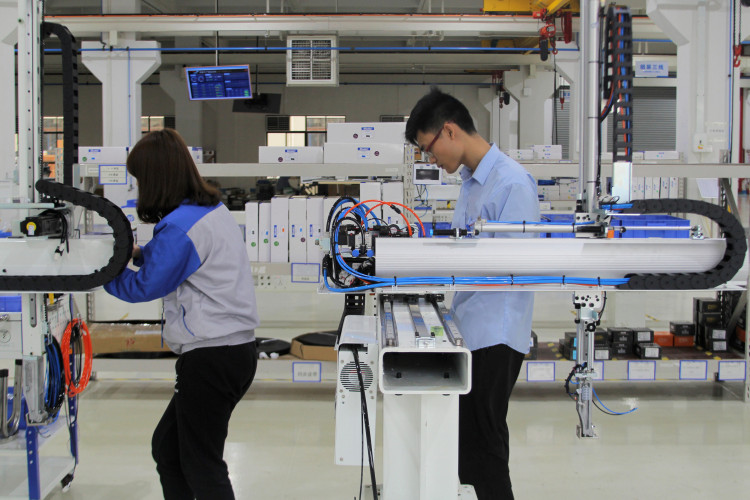On Tuesday (July 5), Macao reported 89 new coronavirus cases, bringing the total number of illnesses since mid-June to more than 900. Authorities are attempting to limit the greatest outbreak to hit the city since the pandemic started.
The Chinese Special Administrative Region, which has essentially shut down to stop the spread of the coronavirus, has more than 13,000 individuals under quarantine.
More than 600,000 people living in the city will be subject to three COVID-19 tests this week, with quick antigen testing being administered in between.
The majority of facilities are closed, and restaurants can only offer takeout, even though the former Portuguese colony has not implemented the full-scale lockdown witnessed in mainland Chinese cities like Shanghai.
In an effort to maintain job security, only the casinos in Macao have been permitted to remain open. With the majority of the population either directly or indirectly employed by the casino resorts, the government depends on the industry for more than 80% of its tax revenue.
But authorities in Macao, the largest gambling center in the world, are working feverishly to limit the city's worst coronavirus outbreak since the pandemic started, ordering all residents to take daily tests and to avoid leaving their homes as much as possible.
The government announced on Thursday, June 30 that among the more than 570 infected cases are members of the health, police, and fire services. Using Rapid Antigen kits, residents must test themselves every day for the virus.
Although casinos are physically open, there aren't many patrons inside, and there aren't many staff working; many have been advised to stay at home at the government's request.
After an outbreak in October 2021, Macao has experienced a significant decline in COVID cases, prompting strict measures. Its economy is firmly dependent on the influx of Chinese tourists and yet has an open border with the Chinese mainland.
Macao follows China's "zero-COVID" policy, which goes against the general trend of trying to coexist with the virus by aiming to eradicate all outbreaks at pretty much any cost.
Even in neighboring Hong Kong, where cases have increased to more than 2,000 a day this month, it still has far fewer cases than other places that see daily infections.
As officials work to break the chains of transmission for the fast proliferating BA.5.1 Omicron variety, more than 20 zones throughout the city are under lockdown.






